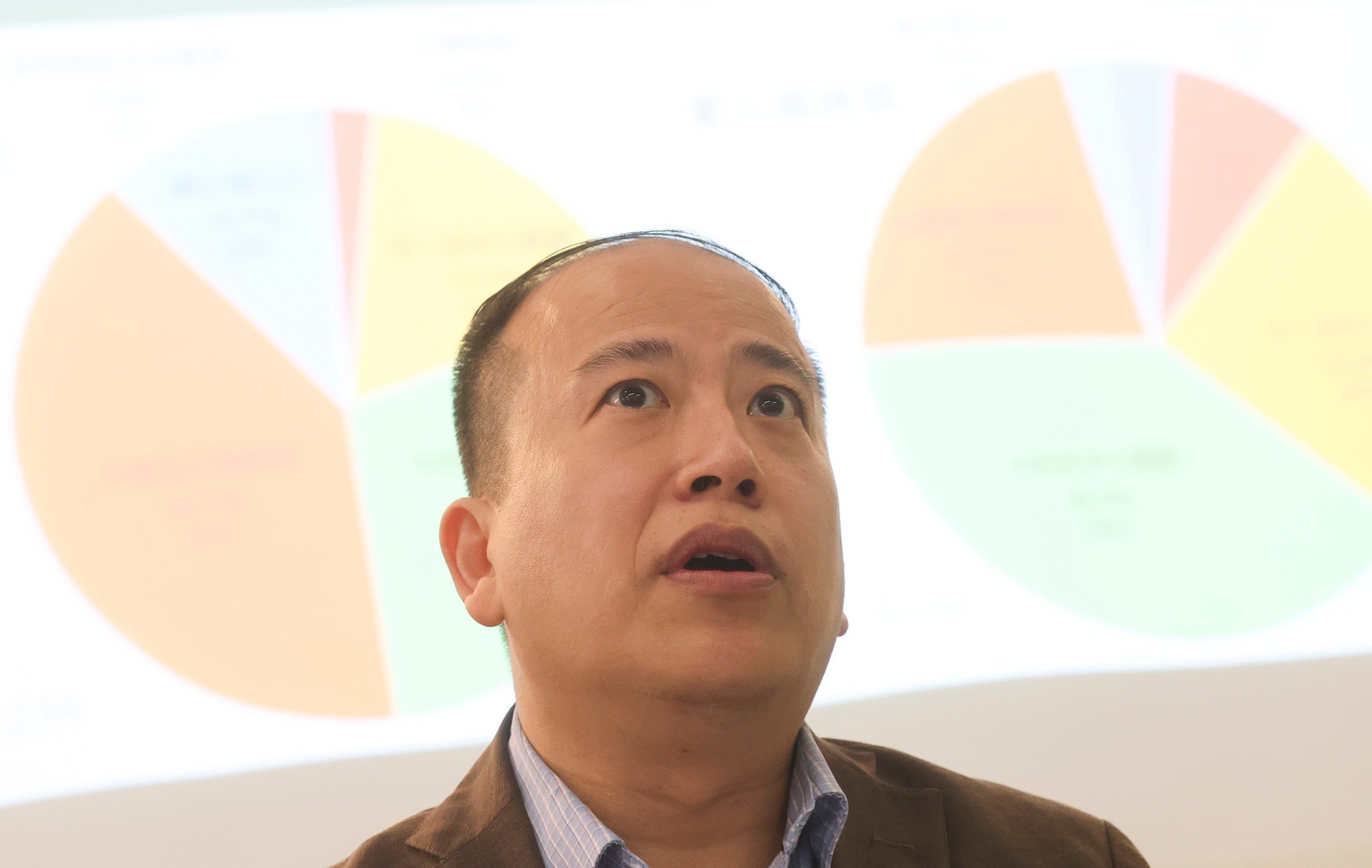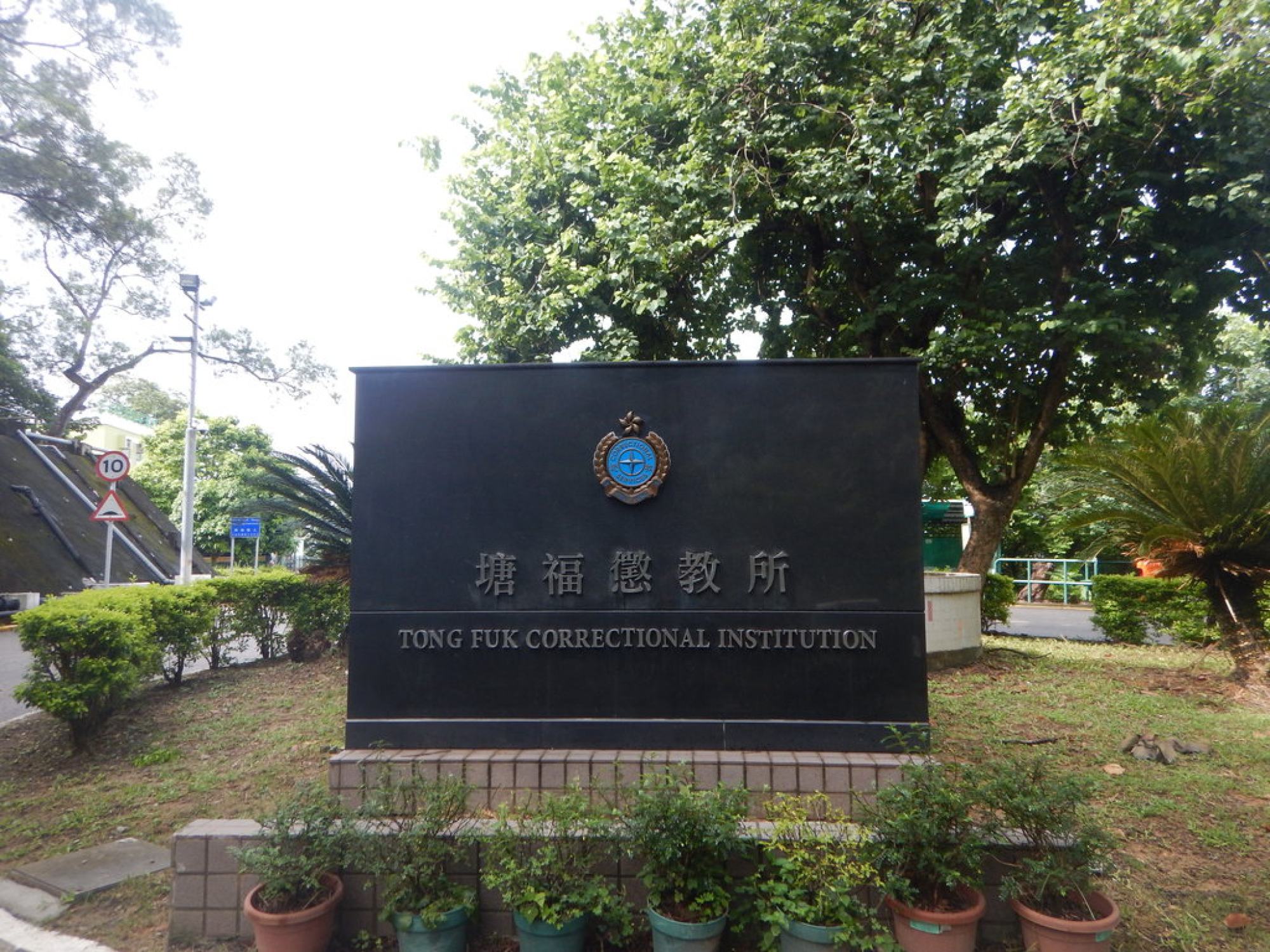
‘Why can’t I spend time with mum in prison?’ Hong Kong children need to bond with prisoner parents, experts urge
- A young boy’s efforts to understand his mother’s drug problem helped motivate her to stay out of trouble and support others facing similar struggles
- Family visits and ongoing relationships help to strengthen inmates’ resolve to change for the better, experts say
Hongkonger Molly Lam was relaxed as she asked her teenage son Vincent Lee what his day was like when he returned from school.
The 14-year-old was in a playful mood, and his funny anecdotes about schoolmates made her laugh.
The pair have come a long way. There were periods of separation when Lam, 38, went in and out of prison and a rehabilitation centre for drug offences and addiction treatment between 2013 and 2016.
Lee was a toddler when he was left in his grandfather’s care, and wondered about his mother’s disappearances. By the time he started primary school, he wanted to know more.
“I asked my grandfather, but he told me to mind my own business as I was too young. Grandfather also said something like, mum did some bad things,” he recalled.
With help, mother and child were able to reconnect and resume living together after Lam left a rehabilitation centre in 2016.
A social worker and academic told the Post that honest communication was crucial in maintaining healthy ties between inmates and their children.
They also urged Hong Kong’s Correctional Services Department to raise the age limit for children allowed to spend time with their incarcerated mothers under a short-term residential visit programme.
Kimmy Chiu Sze-man, a social worker in charge of the Blue Bus Jockey Club Together We Grow Project, said young children often felt insecure when a parent was suddenly absent, but other family members could be reluctant to explain what happened.
“They use different stories to cover up the matter, because the family members themselves cannot sit with the fact that one of their kin is in jail,” she said.
Her programme provides support to children and youth whose parents have been arrested or imprisoned, or are ex-offenders, and also their carers.
It is currently helping about 200 families, about half of whom have children who visit incarcerated family members.
Eric Chui Wing-hong, professor of criminology at Polytechnic University, said keeping children in the dark about the reasons for their parents’ absence could make it harder to rebuild a relationship after the parent returned to society.
“Secrecy actually brings more trauma,” he said, adding that there were big adjustments to make when parents and children had not seen each other for a long time.

Lee visited his mother once during her first time in jail, but he can only remember the security checks. His mother recalled him asking why she was in yellow prison garb.
It helped that as the boy grew up, he began researching how his mother landed in jail and a rehabilitation centre, going online to learn about drug addiction and what she was going through.
“I saw that when a person tries to get off drugs, they will really want to take it, and it is tough,” Lee recalled. “I then thought that she had gone to a rehabilitation centre to quit drugs for me, and that made me quite happy.”
Lam said her son’s well-being became her chief motivation to stay clean after undergoing a year-long addiction treatment.
She did her best to get to know her son, remembering his favourite characters and learning to play video games to get closer to him.
Lam, who has a younger child, a six-year-old girl, said she was grateful that neighbours who knew her story accepted her without judgment.
“Thanks to my son, who’s well-loved in the neighbourhood, I know I cannot get into trouble again. I always think to myself that I need to stop being a shame [to the family],” she said.
Lam is now a project assistant at non-government organisation SideBySide, sharing her experience to help others with family members who are incarcerated or pending the outcome of a criminal trial.
Social worker Chiu and criminologist Chui both said family visits and ongoing relationships helped to strengthen inmates’ motivation to change for the better and let the children know the absent parent was still there for them.
Inmates who expressed regret for their past actions often mentioned feeling sorry to their family, Chui said.
Currently, the Correctional Services Department allows convicted inmates to have two 30-minute social visits a month from family and friends, while those on remand can have one 15-minute visit each day.
A department spokesman said four new facilities in urban areas also allowed inmates and their families to meet over video.
Last year, the Hei Ling Chau Addiction Treatment Centre, Tong Fuk Correctional Institution and Stanley Prison started parent-child centres for male inmates to interact face-to-face with their children below the age of 11. The city’s two female prisons also have this arrangement.
Since last year too, prison authorities have piloted a scheme to allow children under three to stay with their incarcerated mothers for a week during the Lunar New Year, Easter and Christmas holidays.

Chiu and Chui welcomed these changes, saying face-to-face visits and activities strengthened the parent-child bond and also prepared inmates to return to their families after release.
“During a short residential visit from five to seven days, the mother has to take up her role as a carer to the child, instead of just playing with them. She needs to learn whether she can take care of her child, and the child also learns to get along with the mother,” Chiu said.
Both hoped the authorities would raise the age limit of children allowed to stay with their mothers during major festivals.
“If it could be raised to six years old, more children could benefit,” criminologist Chui said.
A Correctional Services Department spokesman told the Post it provided “appropriate rehabilitation programmes” to prisoners with different needs to help their reintegration into society.

